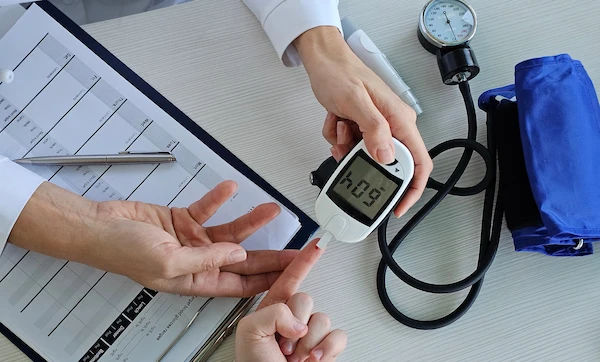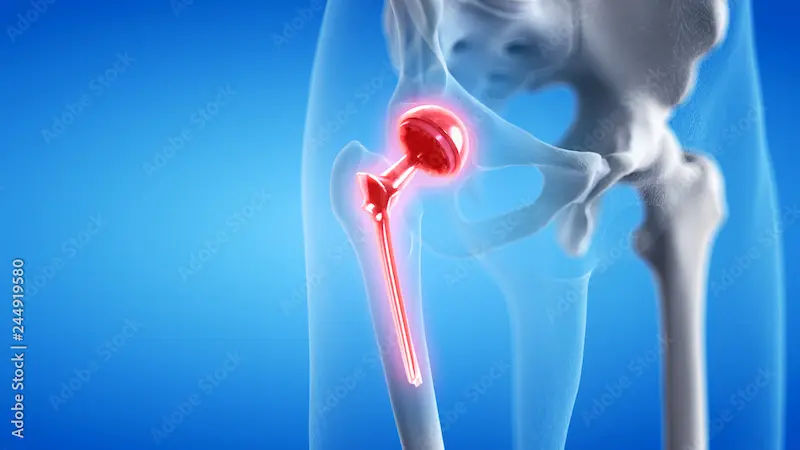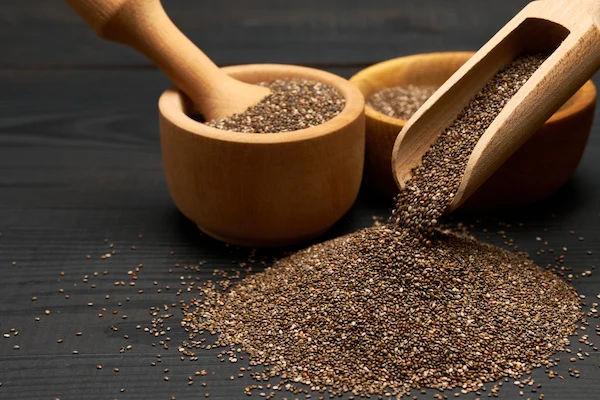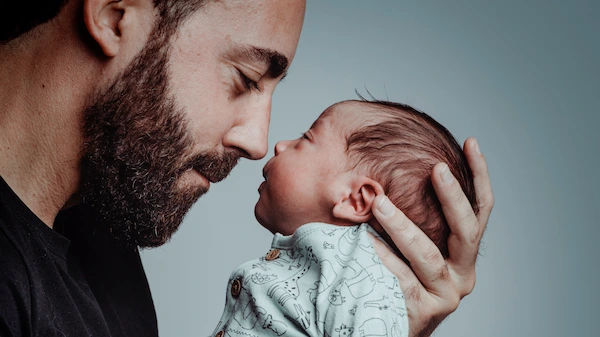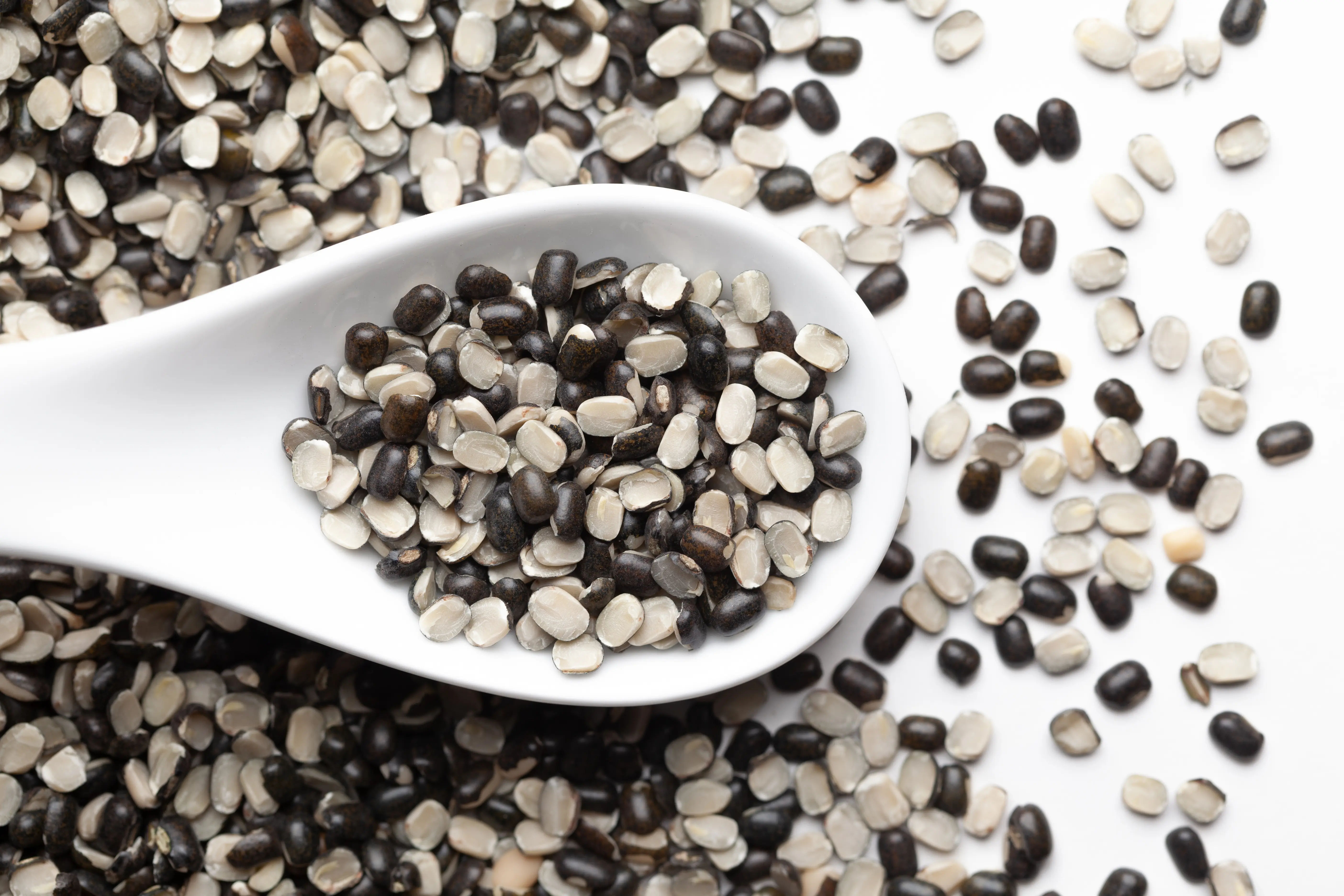Sudden Heart Attacks Post-COVID: Risks and Care
Explore the link between COVID-19 and sudden heart attacks. Learn about potential risks, warning signs, and post-COVID cardiac care to protect your heart health after recovery.

Written by Dr. Vasanthasree Nair
Reviewed by Dr. Shaik Abdul Kalam MD (Physician)
Last updated on 22nd Aug, 2025

The COVID-19 pandemic has left a lasting impact on global health, with emerging concerns about its long-term effects, particularly on the heart. Many people who have recovered from COVID-19 are now experiencing unexpected heart-related complications, including sudden heart attacks. If you or a loved one has had COVID-19, it’s important to understand the risks and take steps to protect your heart health.
Understanding the Link Between COVID-19 and Heart Attacks
COVID-19 is primarily a respiratory illness, but it can also affect the heart and blood vessels. Studies suggest that the virus can cause inflammation, blood clots, and damage to the heart muscle, increasing the risk of heart attacks even in people with no prior heart conditions.
Consult a Top Cardiologist
Why Does This Happen?
Below are the possible causes,
1. Inflammation (Myocarditis & Pericarditis) – The virus can trigger inflammation in the heart muscle (myocarditis) or the outer lining of the heart (pericarditis), weakening the heart.
2. Blood Clots – COVID-19 increases the risk of blood clots, which can block arteries and lead to a heart attack.
3. Stress on the Heart – Severe infections put extra strain on the heart, especially in people with pre-existing conditions like high blood pressure or diabetes.
4. Endothelial Damage – The virus can damage the inner lining of blood vessels, disrupting blood flow and increasing cardiovascular risks.
Who Is at Higher Risk?
While anyone who has had COVID-19 may face heart-related risks, certain groups are more vulnerable:
People with pre-existing heart disease
Those with high blood pressure, diabetes, or obesity
Smokers and individuals with high cholesterol
Older adults (above 50 years)
Those who had severe COVID-19 symptoms or prolonged recovery
Warning Signs of a Heart Attack Post-COVID
Recognizing early symptoms can save lives. Seek immediate medical help if you experience:
Chest pain or discomfort (pressure, squeezing, or heaviness)
Shortness of breath (even at rest)
Unusual fatigue (extreme tiredness without reason)
Dizziness or fainting
Pain in the arm, jaw, neck, or back
Cold sweat, nausea, or vomiting
Note: Some people may have "silent" heart attacks with mild or no symptoms, making regular check-ups crucial.
How to Reduce Your Risk?
Below are the ways to reduce your risk,
1. Monitor Your Heart Health
If you’ve had COVID-19, especially a severe case, consult a cardiologist for a heart evaluation.
Tests like ECG, echocardiogram, or blood tests (troponin levels) can detect heart damage early.
2. Adopt a Heart-Healthy Lifestyle
Eat a Balanced Diet – Include fruits, vegetables, whole grains, and lean proteins. Avoid excess salt, sugar, and fried foods.
Exercise Regularly – Start with light activities like walking, yoga, or swimming. Avoid intense workouts without medical clearance.
Quit Smoking & Limit Alcohol – Both increase heart attack risks.
Manage Stress – Practice meditation, deep breathing, or hobbies to reduce anxiety.
3. Control Underlying Conditions
Keep blood pressure, cholesterol, and diabetes in check with medications and regular monitoring.
Stay hydrated and maintain a healthy weight.
4. Stay Alert for Long COVID Symptoms
Some people experience lingering fatigue, palpitations, or chest pain weeks after recovery. If symptoms persist, seek medical advice.
When to See a Doctor?
If you notice any unusual heart-related symptoms post-COVID, don’t ignore them. Early intervention can prevent complications.
Apollo 24|7 offers expert cardiology consultations and heart health check-ups from the comfort of your home. You can book an appointment or lab test easily online.
Conclusion
Recovering from COVID-19 is just the first step, taking care of your heart afterward is equally important. By staying aware, making healthy choices, and getting timely check-ups, you can reduce the risk of sudden heart complications.
Consult a Top Cardiologist
Consult a Top Cardiologist

Dr. Tripti Deb
Cardiologist
40 Years • MBBS, MD, DM, FACC, FESC
Hyderabad
Apollo Hospitals Jubilee Hills, Hyderabad

Dr. Anand Ravi
General Physician
2 Years • MBBS
Bengaluru
PRESTIGE SHANTHINIKETAN - SOCIETY CLINIC, Bengaluru
Dr Moytree Baruah
Cardiologist
10 Years • MBBS, PGDCC
Guwahati
Apollo Clinic Guwahati, Assam, Guwahati

Dr. Zulkarnain
General Physician
2 Years • MBBS, PGDM, FFM
Bengaluru
PRESTIGE SHANTHINIKETAN - SOCIETY CLINIC, Bengaluru
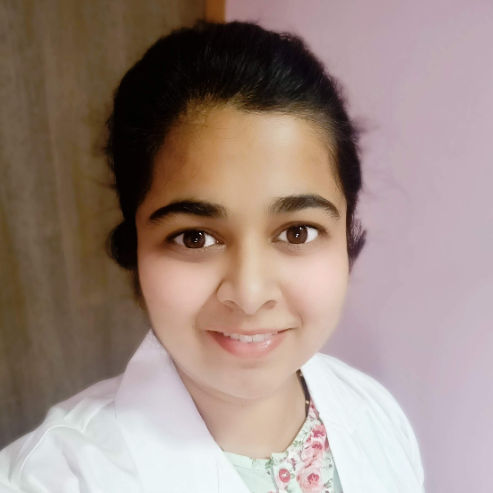
Dr Nazneen Khan
Cardiologist
7 Years • M.B.B.S, M.D (MEDICINE), DrNB CARDIOLOGY
Pune
Apollo Clinic, Viman Nagar, Pune
